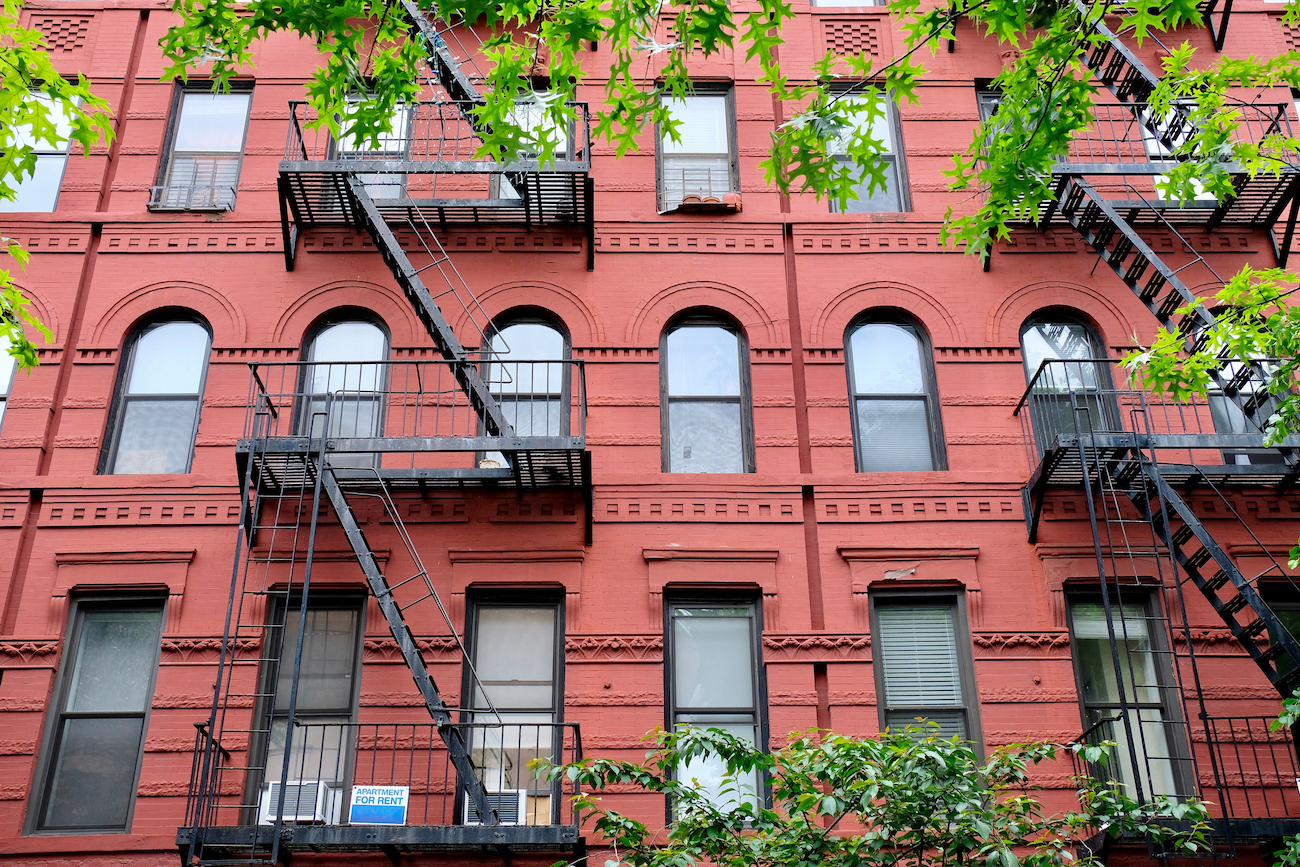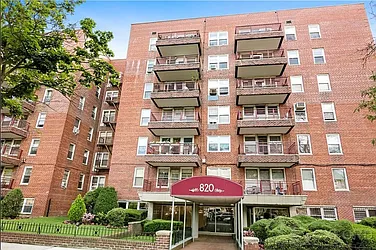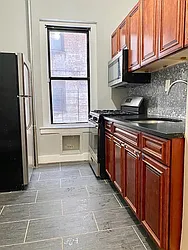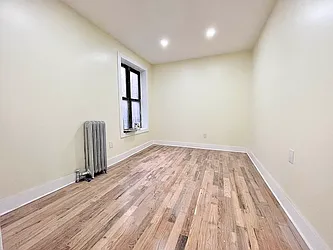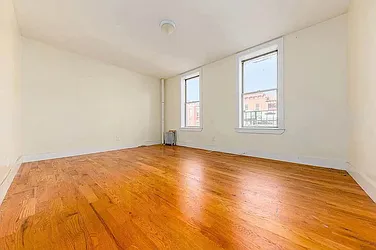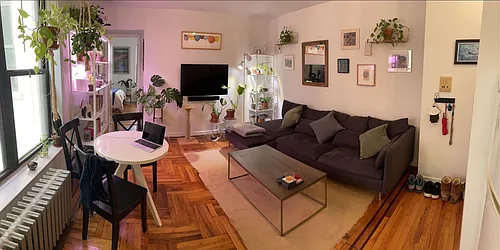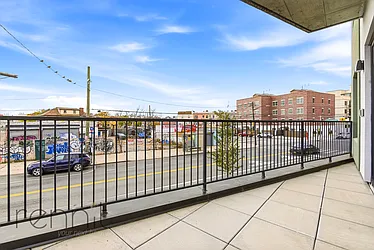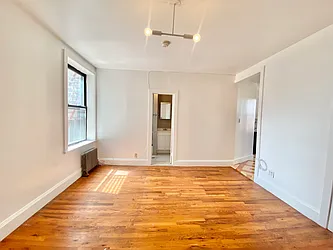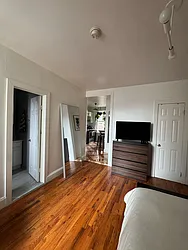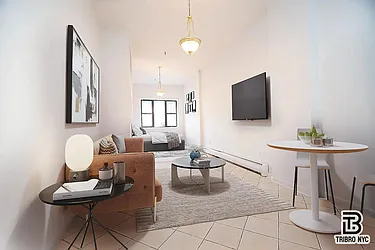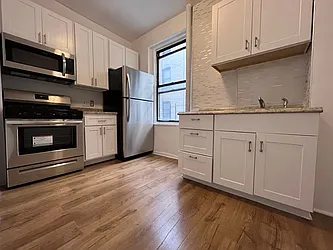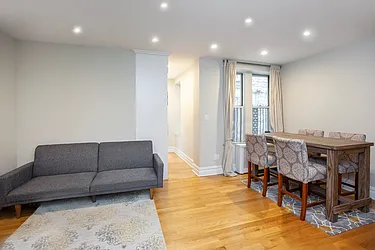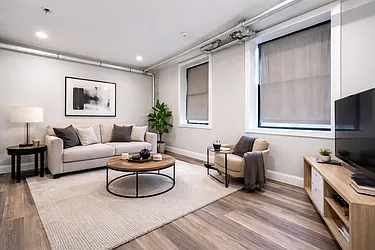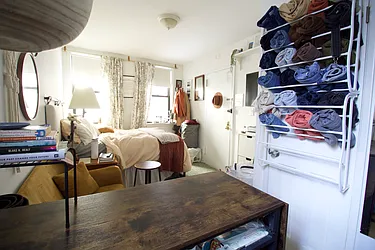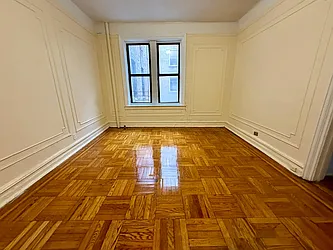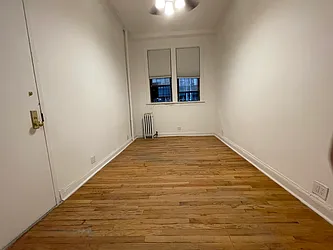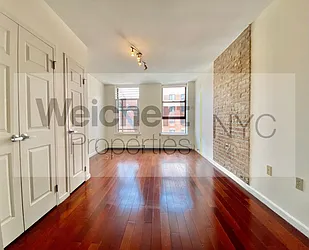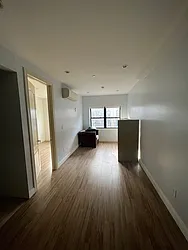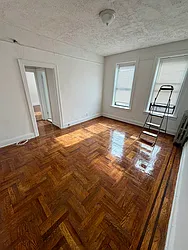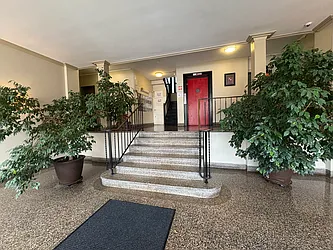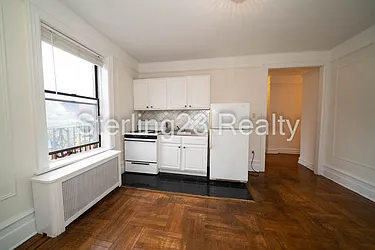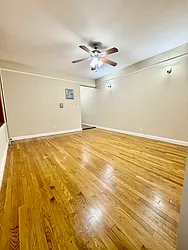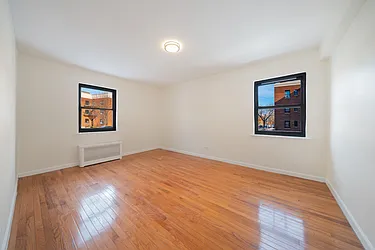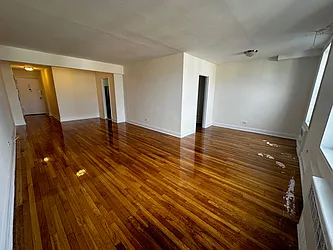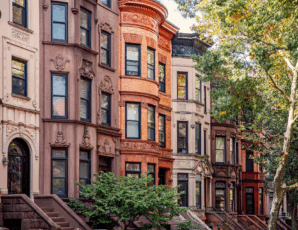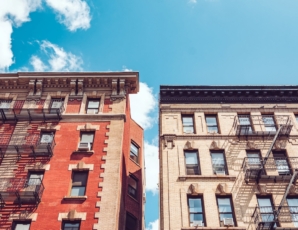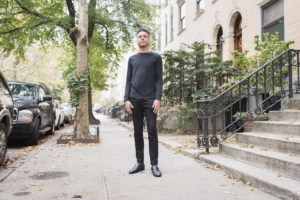There were over 33,000 reported complaints of housing discrimination nationwide in 2022, according to the National Fair Housing Alliance. Per their research, more than half (53.26%) of these complaints were of discrimination against people with disabilities. Housing discrimination based on race made up 17.63% of cases, followed by sexual orientation or gender identity (7.54%), familial status (6.5%), and national origin (4.95%).
Although New York touts itself as a progressive and highly diverse city, it still faces its share of housing discrimination violations. In March 2021, the Housing Rights Initiative filed a lawsuit alleging that 88 property owners and residential brokerages in NYC discriminated against potential tenants attempting to use Section 8 housing vouchers. In February 2023, a judge allowed the case to proceed against 77 of the defendants (some of them settled out of court in the interim).
New Yorkers have a right to access fair and equal housing, free of discrimination on the basis of a protected class or characteristic. This right is protected by various city, state, and federal fair housing and anti-discrimination laws — most significantly, the federal Fair Housing Act of 1968. So how does the Fair Housing Act apply to NYC in particular? This guide will help you understand the law and how it protects those seeking to rent, buy, or obtain financing for a home in New York City.
Brooklyn Rentals Under $2,500 on StreetEasy Article continues below
What Is the Fair Housing Act?
The Fair Housing Act applies to New York City, but is a federal law. It works on a national level to prevent discrimination in both public and private housing, and protects tenants, buyers, and borrowers. The law prohibits discrimination on the basis of race, national origin, religion, sex (including gender identity and sexual orientation), familial status, or disability against a person seeking to buy, rent, or obtain financing for a home.
What Is a Protected Class of People?
A protected class is a group of people who have historically been discriminated against because of a specific characteristic. A person who is part of a protected class is legally protected under fair housing and anti-discrimination laws. Thanks to the Fair Housing Act and a combination of state and city laws — such as New York State and New York City Human Rights Laws — NYC has a long list of classes protected from housing discrimination on the city and state level. Landlords, real estate agents, co-op and condo boards, and lenders are legally prohibited from discriminating against these protected classes based on the following characteristics:
- Age
- Creed
- Immigration or citizenship status
- Skin color
- Disability
- Gender (including sexual harassment)
- Gender identity
- Predisposing genetic characteristics
- Marital status and partnership status
- National origin
- Prior arrest or conviction record
- Pregnancy and lactation accommodations
- Race/color
- Religion/creed
- Retaliation for opposing unlawful discriminatory practices
- Sexual orientation
- Status as a veteran or active military service member
- Lawful occupation
- Lawful source of income (including vouchers)
- Familial status/the presence of children
- Status as a victim of domestic violence, stalking, and sex offenses
What Actions Are Prohibited?
The list of actions that can be considered discrimination — and therefore illegal — is extensive. Here are some guaranteed protections based on a person’s status (or inclusion) in a protected class to be aware of:
- A landlord or homeowner can’t refuse to rent or sell property to that individual.
- You cannot be charged a higher rent or given a higher asking price.
- A landlord can’t ask for a higher security deposit or withhold returning the deposit.
- Your access to privileges, services, or facilities of a dwelling cannot be limited.
- A landlord can’t fail to maintain a property or otherwise fail to meet a landlord’s responsibilities.
The U.S. Department of Housing and Urban Development (HUD) provides detailed examples of prohibited actions under the Fair Housing Act.
Manhattan Rentals Under $2,500 on StreetEasy Article continues below
History and Origins of the Fair Housing Act
Housing discrimination is a systemic issue in the United States. It has historically created racial segregation and exacerbated disparities in income, education, and quality of life, even between people living within the same communities.
For much of the late 19th and early 20th centuries, the legacy of slavery and Jim Crow laws created a discriminatory and hostile environment for Black people and other minority groups. They were prevented from living in areas deemed to be for whites only. Although laws were subsequently passed to make such discriminatory practices illegal, some still occur. Examples include:
- Steering: A practice in which real estate agents try to guide buyers or renters toward — or away from — certain neighborhoods or properties based on specific characteristics of the neighborhood or their client, such as race, national origin, or religion.
- Redlining: This term is derived from the practice of literally drawing red lines around certain “undesirable” areas on a map. Individuals who lived in or moved within these redlined areas were either directly denied real estate services based on their racial or ethnic background, or indirectly denied services by selectively raising prices.
- Blockbusting: Some real estate agents would encourage white property owners to sell at a low price by convincing them that Black and other minority families were imminently encroaching on their community. Agents would then sell the properties to Black and other minority families for a much higher price.
It wasn’t until the seminal passage of the Fair Housing Act on April 11, 1968 that the federal government took concrete, wide-sweeping action to counteract housing discrimination like the above. Also known as Title VIII of the Civil Rights Act of 1968 — a follow-up to the 1964 Civil Rights Act — the Fair Housing Act created more equitable housing opportunities for all.
At the time, the legislation had a much narrower scope and only prohibited housing discrimination based on race, religion, sex, and national origin. In subsequent years, its jurisdiction was broadened and additional protected classes were added. Other laws were passed to discourage discriminatory lending practices, including the Equal Credit Opportunity Act in 1974 and the Community Reinvestment Act in 1977.
Queens Rentals Under $2,500 on StreetEasy Article continues below
How to File a Housing Discrimination Complaint
If you feel you’ve been the victim of housing discrimination, you have options:
- File a complaint with the Office of Fair Housing and Equal Opportunity (FHEO): FHEO enforces the federal Fair Housing Act, and also works with agencies on the city and state level. FHEO may decide to investigate your complaint, or may refer you to one of these agencies to review your claim and escalate it as they see fit. File a complaint here.
- File a complaint with the Law Enforcement Bureau of the NYC Commission on Human Rights (NYCCHR): A staff attorney for the Commission will meet with you to discuss the allegations and guide you through the process. These services are free of charge. Learn more about the complaint process.
- File a complaint with the New York State Division of Human Rights (DHR): DHR enforces the state of New York’s fair housing laws. File a complaint here.
- File a complaint with the Civil Rights Bureau of the New York State Attorney General’s Office: The bureau investigates and prosecutes discriminatory policies, patterns, or practices throughout the state. File a complaint here.
It’s important to note that NYC Human Rights Law requires you to file the complaint within a year of the last alleged act of discrimination. Also, you cannot file a complaint if you’ve already filed the same complaint with any other court or agency.
The process, understandably, can feel daunting. If you’re not sure where to start, call 311 or use the NYC311 online portal for guidance.
There are also many other local organizations that can help. Here are a few:
- Fair Housing Justice Center: This organization helps individuals with housing discrimination complaints and advocates for fair housing policies and programs.
- New York Lawyers for the Public Interest: Get legal representation, self-help materials, advice, and referrals.
- Civil Rights Bureau of the New York State Attorney General’s Office: This branch of the AG’s office can answer your questions and provide assistance if you believe you’ve been the victim of housing discrimination. You can file a formal complaint with the bureau as well (see above).
The most important thing to know is that you have federal, state, and city-protected rights regarding fair housing and discrimination. If you think your rights have been violated, don’t hesitate to reach out to one of these organizations and file a complaint right away.
